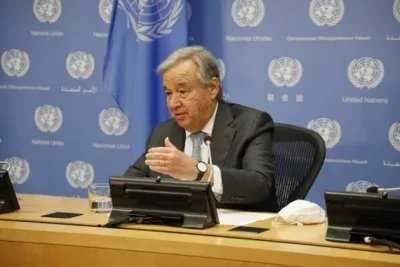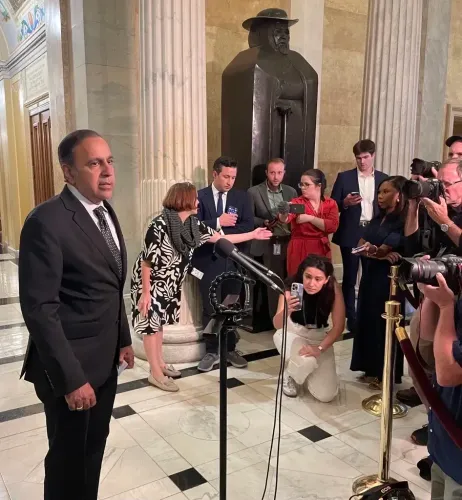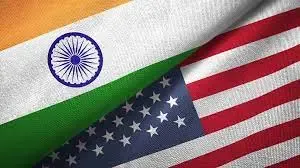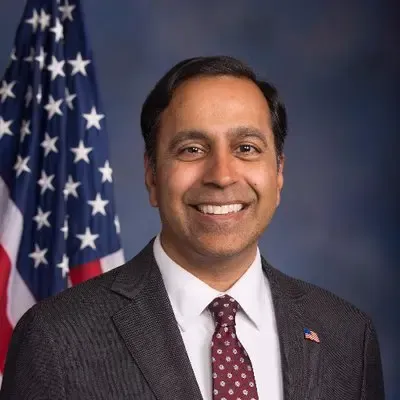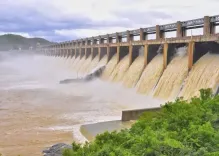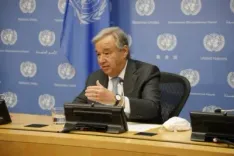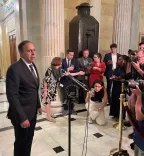Continued Protests in Khyber Pakhtunkhwa Despite Recent Peace Agreement
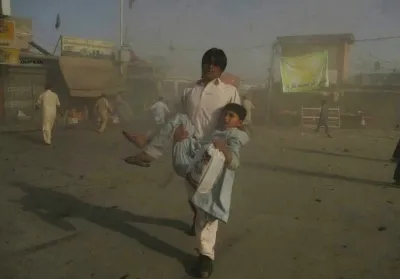
Islamabad, Jan 3 (NationPress) Locals in the Kurram District of Pakistan’s Khyber Pakhtunkhwa (KP) province are standing firm in their protests, two days following the signing of a 14-point peace agreement by competing sectarian tribes of Shia and Sunni Muslims. This agreement was intended to facilitate a ceasefire in a region that has been ravaged by violence for over two months.
Protesters in the district center of Parachinar have declared they will maintain their sit-in until all routes are opened and deemed safe for travel.
The demonstration outside the Parachinar Press Club has been ongoing for weeks, as the residents continue to criticize the provincial government for its failure to secure the livelihoods and safety of the population. The total closure of all routes for more than 80 days has led to severe shortages of food and medicine, resulting in the deaths of over 150 individuals, including women and children.
"This is not the first instance of a peace agreement being signed. It took them more than two weeks to finalize the agreement, during which they remained oblivious to the hardships faced by the local populace, who are living without essential supplies and medication. Over 150 people have died because hospitals lacked the necessary medicines to treat them. Who is accountable for this?" a Parachinar resident expressed to IANS.
"The conflict between Shia and Sunni factions has persisted for decades in this area. People have been killed in ambush attacks numerous times, and each time, peace agreements are signed. Once again, a peace agreement has been established. However, no tangible progress is evident regarding the reopening of routes and the resumption of supplies. Our families are perishing daily due to starvation and medical crises," they added.
The sectarian violence in Parachinar erupted in the last week of November when a bus was attacked, leading to the deaths of over 47 Shia Muslims. In retaliation, Shia militant groups targeted Sunni villages, brutally killing over 150 individuals. Since that time, the tribal region has been isolated from the rest of the country.
Even amidst extensive discussions aimed at achieving peace, the delays have plunged Parachinar residents into dire straits, with more than 150 individuals succumbing in hospitals due to a lack of medication. Schools have remained closed due to security fears, and public transport has ground to a halt. Additionally, the border with Afghanistan has also remained shut for security reasons.
Local officials and members of the peace Jirga, or tribal council, have assured that following the signing of the peace deal, the delivery of food and essential goods to Parachinar city, Bushahra, and over 100 villages will commence shortly.
"Medicines have already been dispatched to Parachinar by a charitable organization, and similar supplies are being directed to other affected regions," stated Deputy Commissioner Javed Ullah Mehsud.
Roads in Kurram have been obstructed for over 87 days, and the only access route to Parachinar has also been closed due to security concerns.
Recalling previous incidents, locals are apprehensive that the peace agreement may not be implemented as it requires the disarmament of all illegal weapons and the dismantling of bunkers belonging to both Shia and Sunni factions.
"We welcome the agreement, but we are also aware that such arrangements in the past have been disregarded following a single incident. The Shia and Sunni tribes have been in conflict for far too long and are likely to continue this pattern in the future. I doubt they will relinquish their weapons and diminish their firepower," remarked Saifullah, a protesting resident of Parachinar.
"All we seek is our right to live. We do not want to witness our children dying in homes and hospitals due to the lack of medicines and medical care. We desire our children to be able to attend schools and colleges, we do not want our families to endure days without food, and we do not want our businesses to be forced to close. This is why we will persist in our protest until complete peace, security, and normalcy are restored in the area," he concluded.


